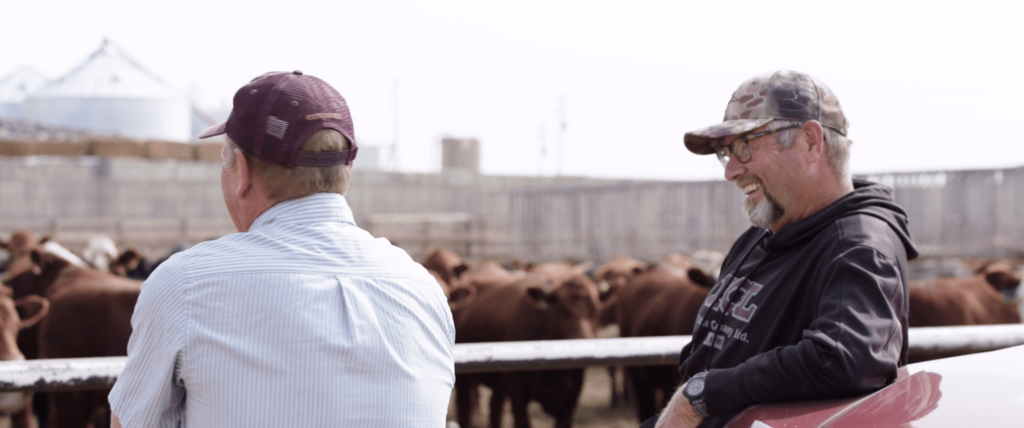Home / Economic – Assessment & Progress
Economic parameters are a key component of a product’s sustainability.
Economic sustainability is defined as the ability of a system to maintain productivity in the face of a major disturbance, as well as shifts in consumer preferences.
Research suggests that for every worker employed by farm-level production of cattle in Canada, 2.5 workers are employed either directly or indirectly in the Canadian economy. And for every worker employed in the Canadian meat packing industry, another 3.4 workers are employed, including direct and indirect employment.
The Canadian cattle industry contributes:
For the beef industry, economic sustainability focuses on the resilience of the industry as a whole and its ability to adapt to changing market conditions – specifically Producer Viability and Consumer Resilience.




Canadian Roundtable for Sustainable Beef
180-6815 8th Street NE, Calgary, AB T2E 7H7
info@crsb.ca
© 2024 Canadian Roundtable for Sustainable Beef
/